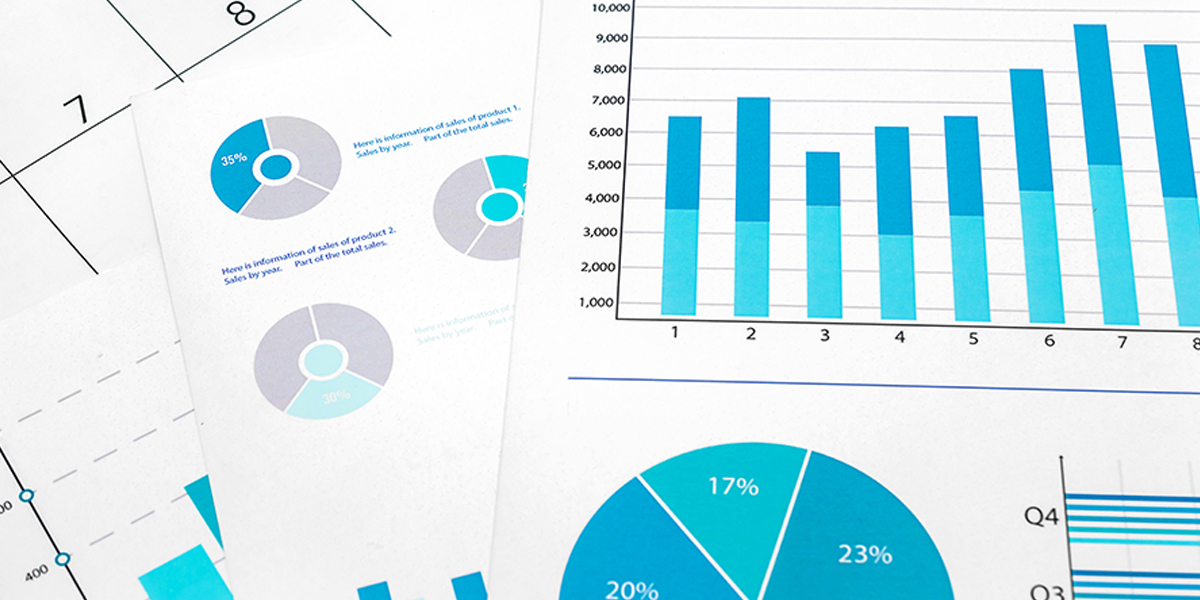As technology advances, so do the tactics of scammers. The Federal Trade Commission (FTC) recently released a data spotlight on the top text scams of 2024, revealing a significant increase in financial losses despite a decrease in the number of reports. Specifically, in 2024, reported losses to text scams reached $470 million, more than five times the amount reported in 2020. Due to a lack of reporting, this number reflects only a fraction of the actual losses.










